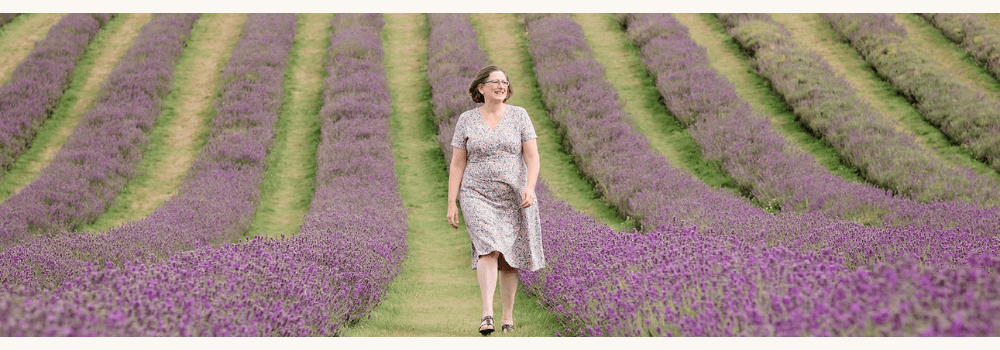
Aromatherapy has been used for centuries to promote mental health and wellness. It involves the use of essential oils derived from plants to enhance physical and emotional wellbeing. The science behind aromatherapy is fascinating and shows that certain scents can have a powerful impact on our mood and emotions. To determine whether a scent is a fragrance or essential oil, always look for the common and botanical names on the packaging.
Contrary to popular belief, essential oils aren’t just a single scent. They are made of several aroma compounds and should always be diluted if used topically on the skin and only inhaled for short periods of time. Compounds may smell different on their own but, when combined, provide the complete natural scent. For example, the main aroma compounds of lavender (Lavandula angustifolia) are linalool and linalyl acetate. Individually, they don’t smell of anything recognisable. Once combined, they take on the lavender scent which so many love and enjoy. After all, lavender is one of the most popular aromatherapy oils known for helping with relaxation, promoting calmness and providing relief from stress. Many swear by it to give them a great night’s sleep and it’s even been featured in clinical research studies on anxiety.
Aromatherapy is way more than a stress reducer. It can also uplift and invigorate the mood. This may be helpful during the winter months when it’s darker for longer or when your get-up-and-go needs a kick start. Most of us will have experienced the scent of menthol, a well-known and recognised aroma compound found in peppermint essential oil. This gives peppermint its refreshing scent which is very uplifting, refreshing and stimulating. It’s perfect for use in the morning, especially when you need a pick-me-up or mood boost. It’s not ideal for use late at night unless you’re burning the midnight oil.
As we head towards winter, rosemary (Rosmarinus officinalis) is another uplifting, stimulating and refreshing scent which can give you a mood boost on dark early wintery mornings. Some say it reminds them of eucalyptus which is quite interesting as they share an aroma compound called 1, 8-cineole which is also known as eucalyptol. This might explain why so many people recognise it as eucalyptus.
In aromatherapy, there are so many oils to choose from and you should always choose the scents you are naturally drawn towards. As it is fundamental to our mental wellbeing, here’s Alison’s top five essential oils for getting a great night’s sleep:
Lavender (Lavandula angustifolia), sweet orange (Citrus sinensis), frankincense (Boswellia carterii or Boswellia Serrata), ylang-ylang (Cananga odorata) and chamomile (Anthemis noblis).
Experience Lavender in our Gardener’s range and Sweet Orange in the Wee Bairns skincare range for delicate baby skin and to help dry and sensitive skin.
